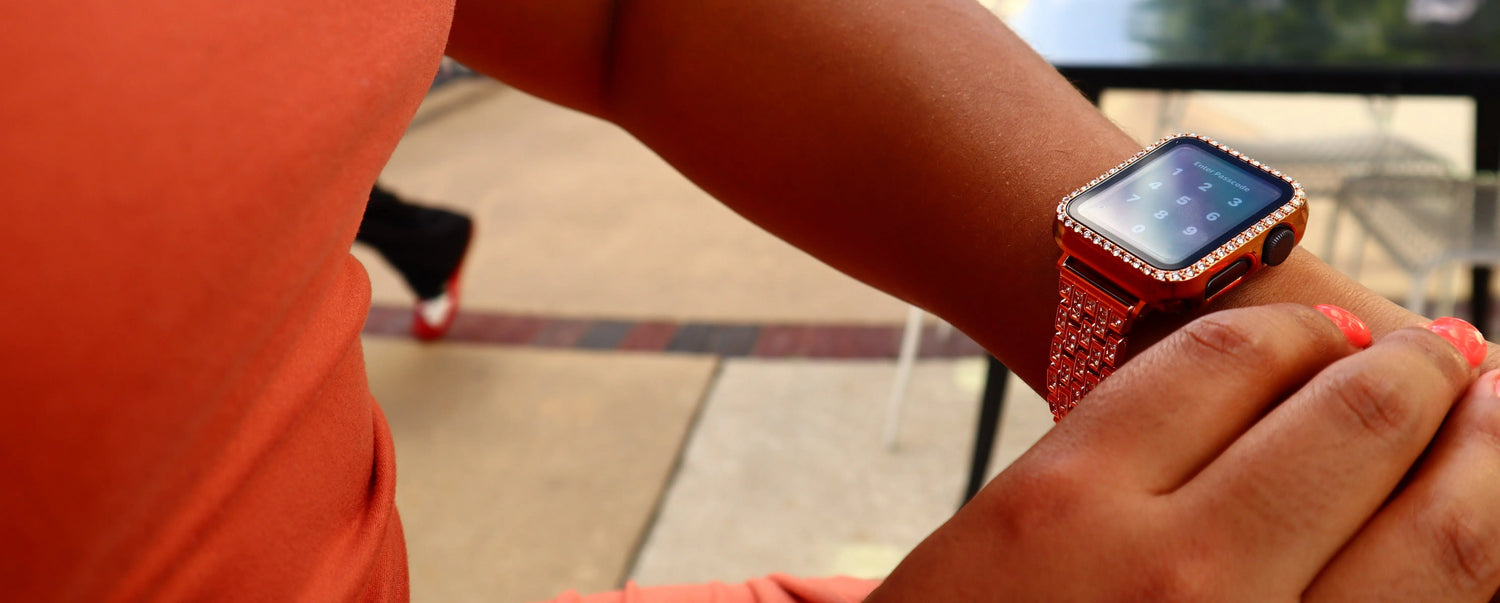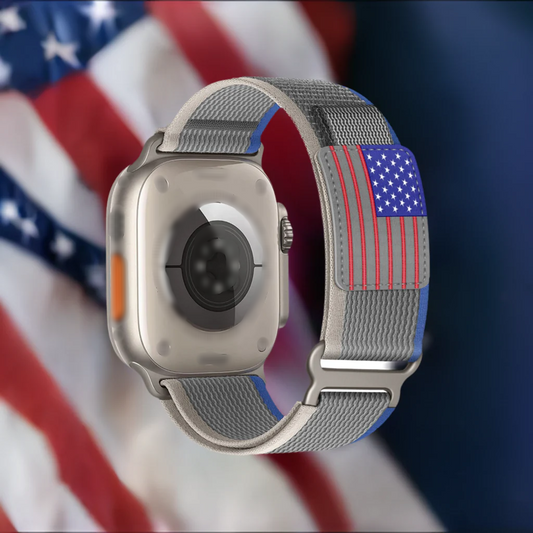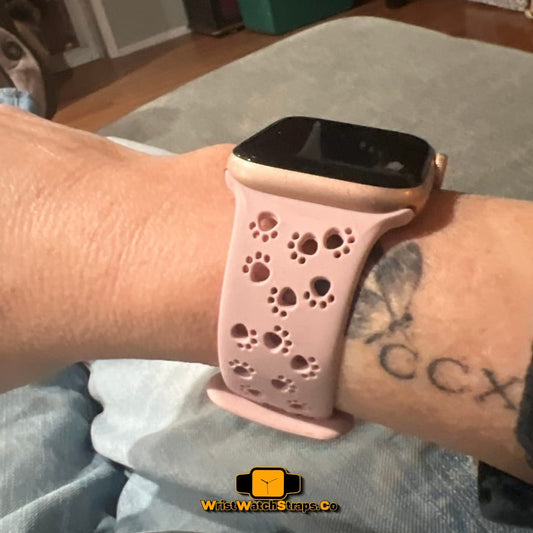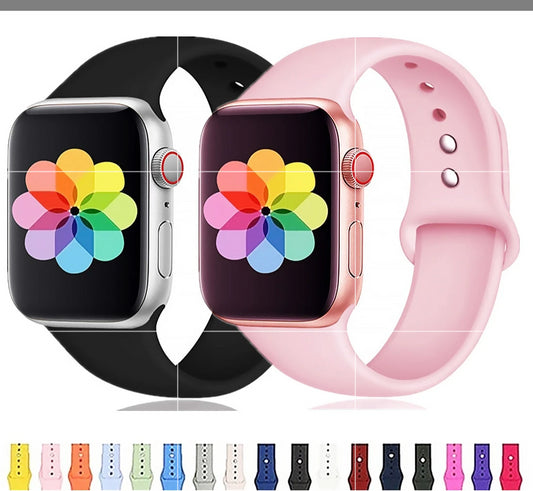Why the iPhone Outperforms Other Smartphones: What Makes It So Special

Share
Every iPhone owner has experienced the following scenario: they are checking out an iPhone online, and their iPhone rings. They are then faced with a decision- should they answer or ignore? If you answered "ignore," congratulations! You have just demonstrated one of the key reasons why iPhone outperforms other smartphones. The iPhone is designed to be used as much as possible, which means that it is always accessible. It makes sense that people who use their iPhones more would be more satisfied with them than those who don't use them at all.
There are several things that Apple does uniquely, such as integrating different features into one device and keeping it simple for their customers.
No matter what size your phone is, the Apple iPhone has all of the features that you could ever wish for in a smartphone. With access to apps like Messages and Facetime with friends or family members How cool would it be if we could video chat on our phones without having any wires between us? And when they inevitably break down- no need to replace them because instead fix up their broken device using an app called "Key Lime Pie"! The android platform offers great varieties of smart devices but there's just something about how sleek yet powerful this product feels holding one often makes me feel happy knowing i am not compromising anything while still getting high quality service at every turn.

But which smartphone should you get? That's a question we all ask ourselves from time to time. If it were up to me, I would buy both and see how each performs for different tasks before deciding what was best! However that doesn't always work out as some people want one thing while others can't be convinced otherwise (and those stubborn individuals might just end up getting an Android). So let’s take this opportunity discuss why iPhones are better than Androids anyway possible. The iPhone offers plenty more features compared with its competitors such us superior performance in speed even though they're touchscreen based devices; built-in apps like Maps or Siri who makes searching easier by enabling voice controlled navigation via natural speech recognition technology instead having rely on typing.
The Manufacturing process of Apple.
The battle of smartphones has been ongoing for years. Android versus iPhone? Who's right and who knows more about technology anyway, you or your loved ones?! We're not going to debate that here because there are better ways of wasting time than in an internet flame war (pun most definitely intended). Instead let us take a look at why exactly these two mobile operating systems matter so much- even if they don't always get along well with each other! A Dialogue On Smartphone Personalities will cover what makes one phone better than another; which platform suits different needs best despite any differences between them when it comes down gameplay features etc.; how owners can keep both their jobs.
The Apple Company has always had complete control over the design and performance of its products. By building their own processors, they are able to produce high-quality components that deliver optimal levels in battery life for consumers with unique needs like heavy users or outdoor enthusiasts who want longer lasting power sources on hand at all times.
The iPhone is the more powerful of all smartphones because it has more processor cores and an improved performance cache. The extra hardware resources on Apple processors allow them to excel in tasks that other phones struggle with, including 3D graphics rendering or heavy duty gaming where you need a lot from your device’s power supply.

The iPhone's superior 64-bit processor is used in a cutting edge, next generation technology that will forever change how we live our lives.
The new dual processing system enables the phone to perform two tasks at once and make them both faster than ever before possible with such power efficient design!
Apple is the first company to make a 64-bit smartphone processor, and it's hard for them not jump into this rush. Apple has released many processors since then like A10 Fusion in 2015 that uses concurrent multithreading (CMT) technology which allows apps to run at higher performance levels with less energy use by allowing more tasks on one core without slowing down overall system responsiveness; M11 SoC also includes additional cores but these can only process two threads instead if having super powerful Quad Core CPU running simultaneously--a great balance between power consumption/performance ratio. Apple introduced its latest mobile chipset last year -the P7250.
It has been said that manufacturers, like Qualcomm or Exynos do not design processor chips for a specific smartphone. However their business model depends on being able to sell as many processors of any given type in order make up some profit margin-losses incurred while manufacturing them at an affordable price point so more people can afford these technologies which are necessary if we want our mobile devices running smoothly without laggy performance due low battery life spans caused by heating issues.

These days, it seems like a controversy or an internet meme that's going viral. For instance: "Why is my phone so slow?" I hear this question all of the time from friends and family members who have been led astray by advertisements promising lightning-fast download speeds but instead finding themselves faced with sluggishness when downloading photos, videos (even large files like downloads) as well as prolonged loading times for games--in fact many people today are reporting problems even doing simple tasks such as sending emails because they can't load them any faster than what you would expect given their Internet connection speed! The reason why these things happen has nothing to do with how much data each person uses on his/her device every month; rather there's something.
Optimal Hardware Software Integration.
The iPhone offers a much better overall experience in terms of performance because the device's hardware has been optimized for software and vice versa. Apple successfully created an unparalleled level of integration between its devices via their synergy, which is demonstrated through seamless functionality without distractions or hiccups like other platforms might exhibit over time due to outdated features not being updated regularly enough by developers who focus more heavily on new innovations rather than maintaining old ones indefinitely if necessary.

In order to outdo flagship Android phones, the iPhone does not need as much RAM. In fact it only requires about 4GB of Ram which is more than enough for any day-to-day task and far less overwhelming on today's storage capacities where we can easily fit dozens if not hundreds games or applications onto an 128GB phone without issue! This comes down primarily because Apple has complete control over its production process whereas most other smartphone manufacturers must rely heavily upon third party companies like Samsung who produce component parts within their devices such as processors (CPU) graphics processing unit etc.
Large Cache Memory
How do you feel about the idea of having a large cache memory on your phone? Have you ever questioned why some people can run faster than others without even knowing what they're doing differently. Well, it's because they have more cached up! A great example is Snapchat which only uses its internal storage for things like images instead of loading them from external sources such as Facebook or Instagram when needed - this speeds everything along dramatically by letting users enjoy their experience seamlessly with no interruptions in-between frames while still saving space out there where not much needs to be saved at all since most everything happens internally anyway so who really cares if there are lotsa snapshots leftovers after everyone has had his fill snooping around awhile looking through our lives.
Lags and system glitches are not just a small problem for the average person. They can be really frustrating when you're trying to use your phone, especially an Android or iPhone! ARM architecture processors typically have 1-2 MB of cache memory but most phones only contain 512KB per core so they often lag due too many apps running in background processes simultaneously which takes up all available space on these types of processor units with limited resources such as RAM capacity (which has its limits). On top o this issue we now have more lag spikes from websites loading slower because bandwidth pricing increased; some people also experience slowdowns caused by third party keyboards clogging up storage spaces even though there's plenty left over otherwise.

iPhones are often faster than their Android counterparts because the iOS uses a high-performing cache memory to boost processing speed. Despite having vast amounts of RAM in most modern smartphones, iPhones still perform considerably better thanks largely due this powerful hardware component called "cache".
No Bloatware
It's been said that there are more unwanted apps on an Android phone than any other operating system. The problem with this, as you might have guessed from the title of my article and summary above it, is because these "unwanted" programs make your device slow down or even crash altogether which will stop all functionality if not fixed quickly enough by resetting (or wiping) out everything stored in internal storage including personal files like photos and videos taken through camera lenses too! I'm sure many people can relate when I say rooting isn't just about getting ridgings access to ones entire library - It also gives users back some control over what gets installed onto their devices at startup without having go.
The iPhone, in comparison to the Google Nexus 4 phone that I am using for this article and app review has a few pre-installed Apple apps which can be uninstalled with just one tap of my finger.
Bloatware is the bane of every Android user's existence. These unwanted apps have been found preloading onto your device, and they can significantly slow down how quickly you're able to use it in a day-to-day basis because most people don't want these programs running all day long just taking up space on their phones with no function whatsoever - not even updating automatically!
I'm sure we've all had these experiences where something seems so useless at first glance but then once installed starts affecting our performance greatly without us realizing what has happened until its too late.
Timely OS Updates
Apple's iOS 15 is a great example of how the company goes above and beyond for its customers. The latest version can be installed on an iPhone 6S, 6 Plus or SE from last year with no problem at all! In contrast Android versions have been known to cause issues when updated which often require users wipe their device clean before installing another update due lack compatibility problems between previous updates conflicting code paths leading up until something crashing resulting in bricks followed by permanent bricking anyone get damaged data plus apps not working properly anymore meaning less customer retention rates.
Unlike Apple, Google's relationship with its device manufacturers is much more complicated. Manufacturers have different policies and procedures for updating devices according to their own agreement between themselves as well as the company that created them in order put out a quality product first rather than just grabbing any old code from other sources like some developers might do when they're looking at fixing problems on someone else's project without permission or credit given where due- which also means those updates could come back later down the line causing even worse headaches if there was ever anything wrong within your software suite before all this mess started happening again because now you've got two very major things going against each other instead one huge obstacle.

Other manufacturers such as Samsung, Redmi and Sony receive the update from Google after they have been optimized for a select models. Months later if ever these updates are released at all is anyone's guess but one can hope!
A Camera Engineered to Perfection
No matter what type of phone you own, the camera is likely one feature that will always be on your mind. With so many smartphone options out there for consumers to choose from nowadays and all with varying levels or quality in terms picture taking abilities; it only makes sense people would wonder which particular model takes pictures best? After extensive research into various models across different brands including Apple’s latest iPhone 7 Plus variant -which was just released last week- I can confidently say without hesitation: If high end features are what's desired then go no further than this stately looking black device resting comfortably within my palm as I review its capabilities now before writing about them here at.
The iPhone 13 Pro features a 12-megapixel camera system that is capable of taking pictures with more detail and less noise than any other smartphone on the market. This improved quality comes from using greater resolutions, as well as an f/1.5 aperture for bright lighting conditions or those in close proximity to their subject which requires better clarity when viewing subjects up close. The top layer has been enhanced by adding XDR just beneath where light enters the lens – providing evened illumination over all areas within your shot so you can capture everything accurately!

The iPhone 13 Pro is the perfect smartphone for any photographer. It has excellent low-light capabilities and produces crisp, clear pictures with beautiful colors that stand out in even adverse lighting situations.
The iPhone is a powerful tool for photography and cinematography. It features an amazing camera with breathtaking functions, such as the ability to take panoramic shots without stitching together multiple photos optically like some other devices do; automatic brightness correction that makes sure every image has perfect exposure even if taken in dim lighting conditions or outside on overcast days (and vise versa); various color filters including monochrome options so you can get creative when trying out new looks while still retaining high quality captures.
The iPhone Remains Unbeaten
The iPhone has been a runaway success for Apple. It’s the most popular smartphone in America, with over half its users opting to purchase an upgrade within just two years after purchasing their first phone! The sleek design and intuitive operating system have made it one of those devices that people love using day-in and day-out – even if they don't realize how much better your Android device can perform at times. The iphone consistently delivers brilliant experience compared other smartphones on market today but is also capable outperforming any Andriod device anytime which makes rare find another android model competitive against IOS.
Apple has been accused of being "the Apple Tax," but there is no truth to that. In reality, they are just charging more due the higher quality and durability in their products which also happen to be made for individualized use with iOS instead Android OS. The iPhone costs way less than any flagship device from Samsung or LG given its high-end features like 3D touch screens (which many people don’t know how useful this really can be) while still maintaining comparable build quality.

iPhones are absolutely fantastic devices, but there is one thing they can't do: beat an Android smartphone in speed and performance. iPhones have significantly better longevity thanks to Apple-manufactured hardware and system software that runs on them much smoother than most other smartphones running Google's operating systems out there today.
Follow us for more information and updates, wristwatchstraps.






